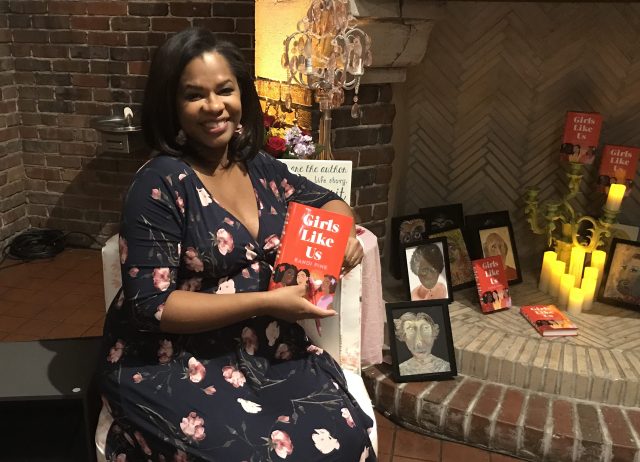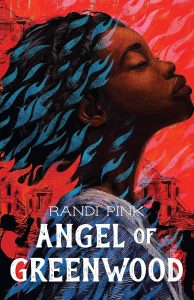
In a heated five-hour meeting in January, the Pine-Richland School Board in Pittsburgh, Pennsylvania, rejected a request to add Randi Pink’s “Angel of Greenwood” to the ninth grade curriculum.
The historical fiction novel follows two teenagers through Greenwood, Oklahoma, in the 1920s and the Tulsa Race Massacre.
 “I look at historical fiction novels as a crack in the door to introduce people to history, so I focus on the heroes and history,” Pink said. “If you’re burying the history, you’re burying the heroes with it.”
“I look at historical fiction novels as a crack in the door to introduce people to history, so I focus on the heroes and history,” Pink said. “If you’re burying the history, you’re burying the heroes with it.”
Elise Duckworth is an 11th grader at Pine-Richland High School and said she doesn’t understand the board’s decision.
“I’m having trouble understanding the reasoning behind not letting this book in,” Duckworth said. “I’m currently reading it right now. I think it is a great book. It talks about something that many students don’t know anything about; many people don’t know anything, anything about the Tulsa Race Massacre. So, teaching about these things should never be seen as a threat, and teaching history is never going to be a threat.”
Pink said she was shocked to hear about the controversy surrounding the book but also proud of those taking a stand. Pink, who grew up in Titusville and Homewood, says she found her voice through writing. So she is moved by the students who are fighting for her novel.
“Immediately, I started to see the incredible young people in that community who were so brave and so inspiring to step up in that heated debate,” Pink said.
Duckworth said the book taught her and her friends valuable lessons. That’s why they’re so passionate about seeing the book in the curriculum.
“I loved hearing all these stories and diverse opinions that I never got to experience growing up where I did,” Duckworth said. “Learning about wars and learning about the Tulsa Race Massacre — it was important, and it helped me grow empathy and compassion for others. So, I feel like having these books and having diverse perspectives, especially in a place like this, where we live, where we don’t get those, it’s important.”
That’s one of the main reasons why Pink is so passionate about defending her book.
“Most of us have a ZIP code, and the same people who live in that ZIP code are people who look like us, talk like us, worship like us. We go to the same Piggly Wiggly, the same coffee shop. Books are a bridge out of that bubble,” Pink said. “When things like this happen, I think immediately that if you burn the book, you burn the bridge.”
That’s why she will be traveling to Pittsburgh this weekend to talk directly to the community where her book has caused so much controversy.
“I would love to come there and take a little bit of heat out of the discussion, look at these people eye to eye and say, ‘Hey, we can meet in the middle on this and discuss in a civil, hopeful way,'” she said.




